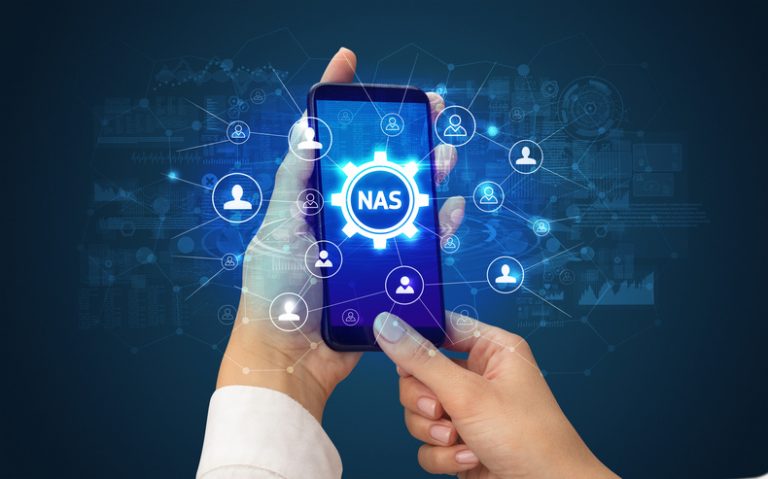How Technology-native Generations Can Reshape Business Future
Since the pandemic struck, numerous articles have discussed the race for “digital transformation,” in which businesses rush to restructure their business models to support remote work and meet customers online. However, the second kind of digital transformation has begun. Millennials will ascend to the C-Suite as a result of the mass retirement of Baby Boomers and the omission of Generation X, bringing about a shift in power from analog to digital.
Although they are not truly “digital natives,” Millennials—of which I am a member—are overwhelmingly tech-first. As teens themselves, they witnessed screaming dial-up connections transformed into always-on broadband and mobile phones transformed from indestructible bricks into pocket computers that rivaled their childhood desktops. Millennials have experienced firsthand the transformative power of technology, which has shaped their perspectives on the world and approaches to its issues. In light of this, I believe that the Millennial generation’s perspective on technology will fundamentally alter business practices in four ways.
They prioritize the device.
It is essential to meet customers where they are—on their smartphones today—if you want to succeed in business. These devices have established themselves as essential tools in our daily lives in less than 20 years. They are now our primary means of shopping, entertainment, and even financial management.
While older generations may have criticized Millennials for their reliance on technology, a device-first mindset will be essential as consumers become increasingly device-centric. They see technology as an addition rather than a replacement. Over the years, I’ve lost track of how many headlines have stated, “In This Many Years, This Technology Will Make This Industry Completely Obsolete.”
However, with the exception of a few, such as Blockbuster, the majority of them have not yet come to fruition. Millennials witnessed the dot-com bubble’s collapse as children and the rise and fall of numerous technology startups in the middle of the 1990s and early 2000s. Technology has the potential to speed things up, make them easier, and make them more convenient, but for it to work, it still needs a good business model.
They use data as their foundation.
Additionally, they have honed their abilities to locate it. Strange parallels exist between data analysis and years of scrolling through search results, comparing websites, and sifting through links to locate original sources in order to win arguments with strangers. Therefore, it should not come as a surprise that business data immediately appealed to Millennials. In my experience, you can use something you can collect and measure to answer questions.
They think technology is always changing.
Modern technology’s short lifespan is relatively new and directly contradicts the non-digital generation’s mentality of “If it ain’t broke, don’t fix it.”As a result, many businesses use computer systems that haven’t been updated in a long time—more commonly referred to as “legacy tech.”
Notwithstanding, in a computerized age, Recent college grads hail from the domain of incessant updates and overhauls. They see these as indications of ongoing progress and the promise of better things.
Businesses need leaders who are aware of the perspectives of their customers in order to continue being successful, and these customers are becoming increasingly digital in today’s world. Although the majority of people have not yet become digital natives, we are rapidly approaching that curve. To adapt to changing preferences and meet new expectations, businesses will need to pivot quickly. One way to do this is to use the skills and perspectives of Millennials and other digital natives in the workforce. To learn new opportunities in the business world, sign up at quantum ai today.







